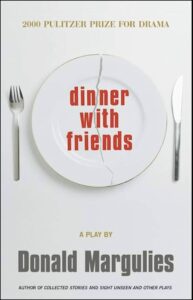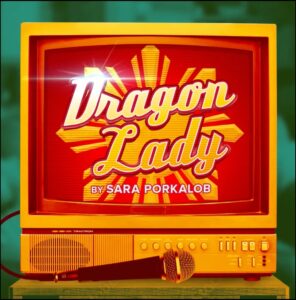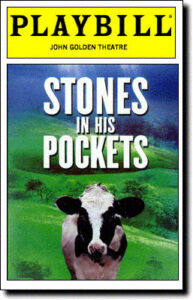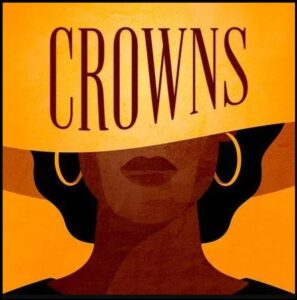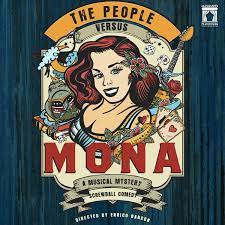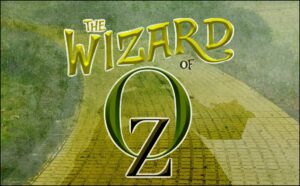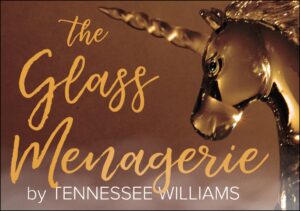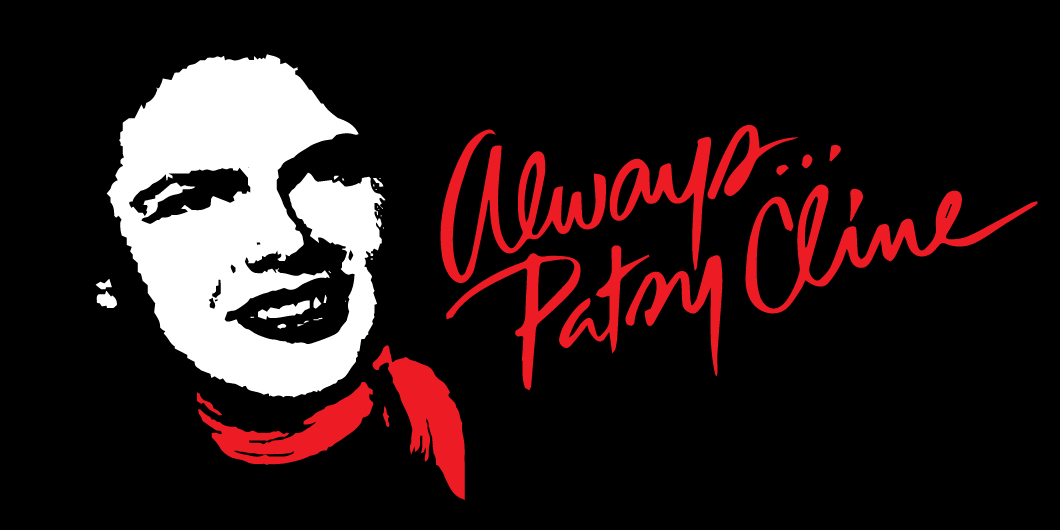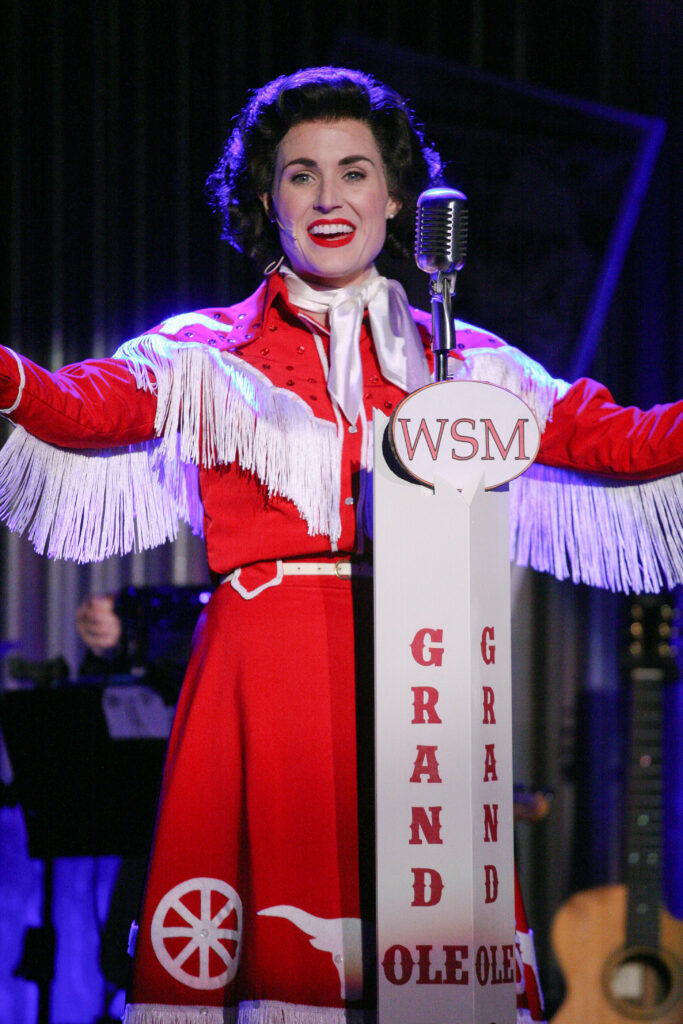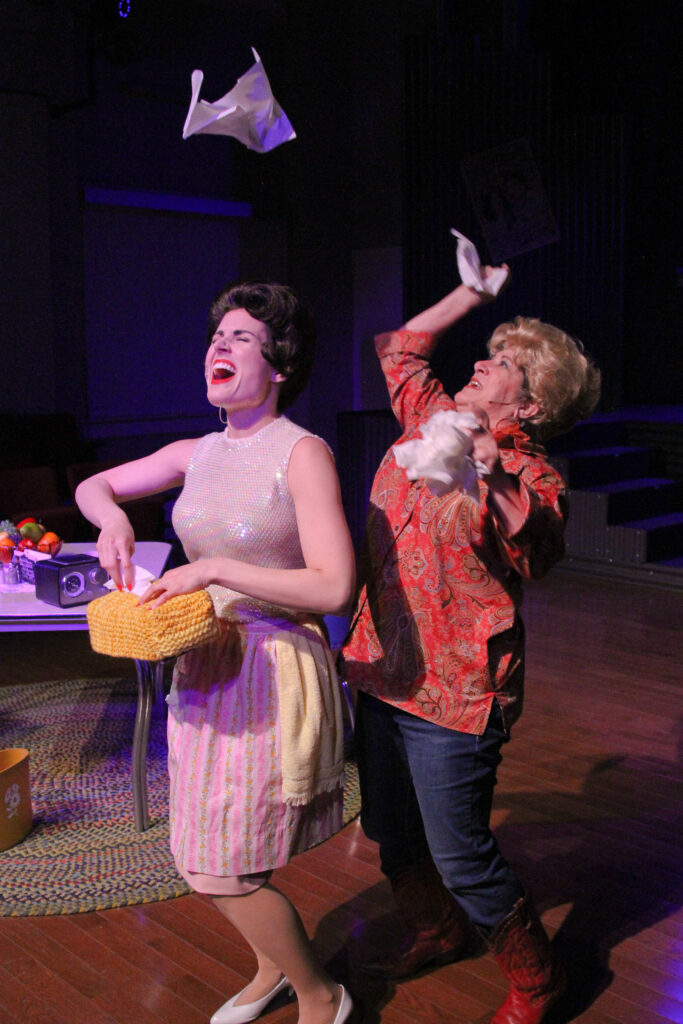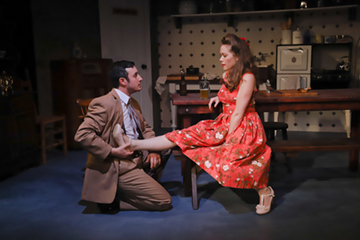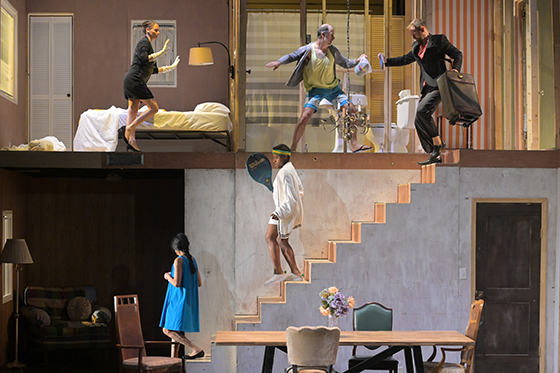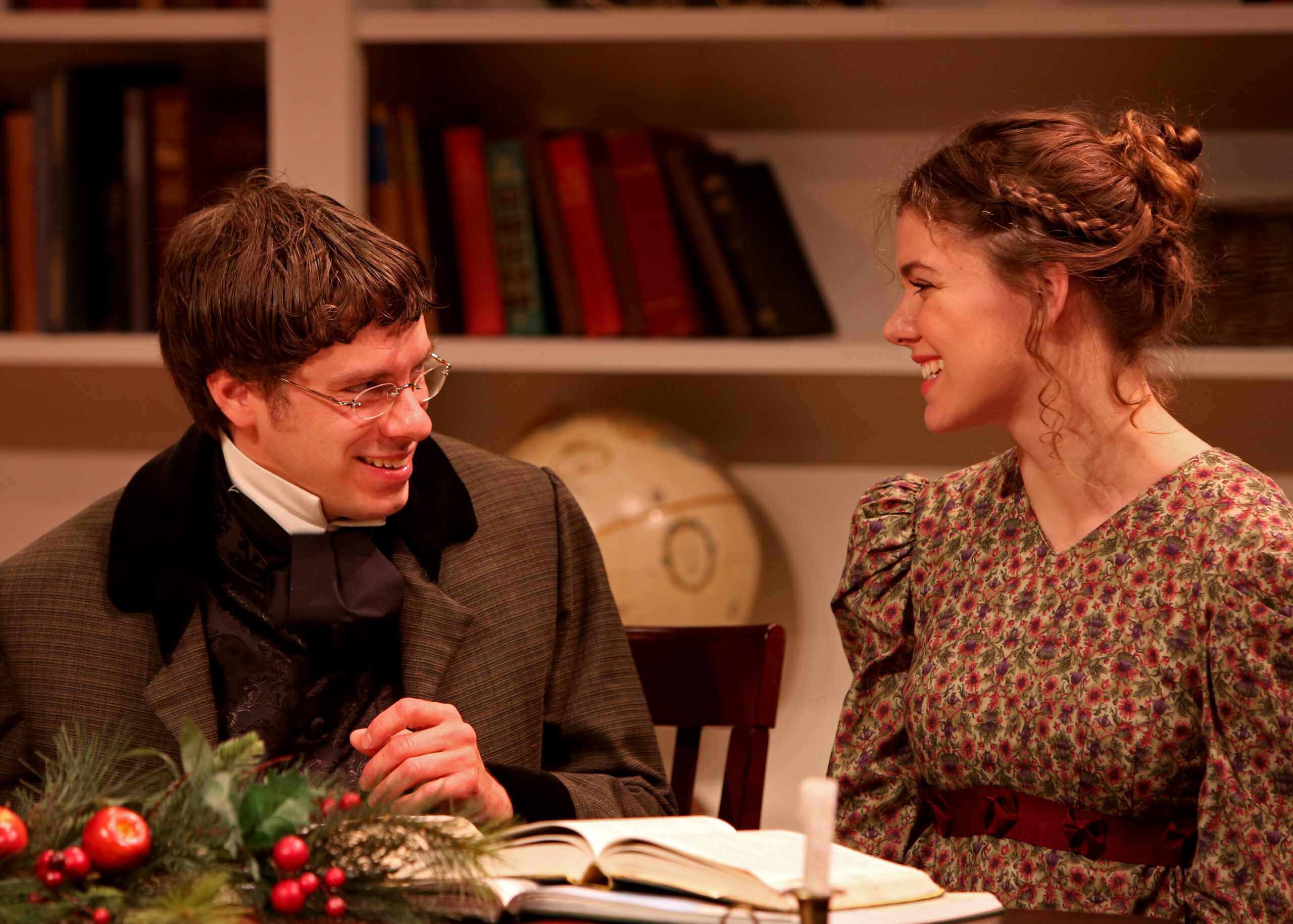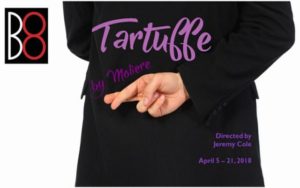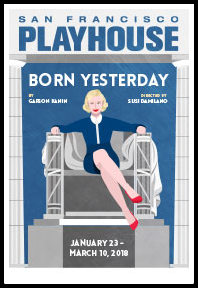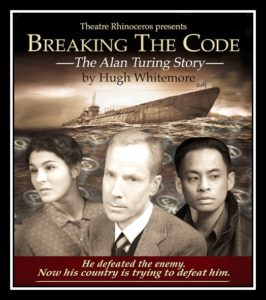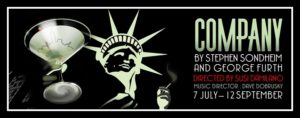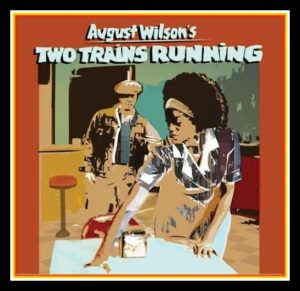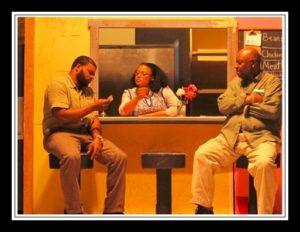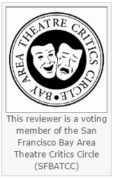(September, 2024) San Francisco’s PlayGround has announced the 6th annual Innovators Showcase, a three-week festival of new works by the 2024 Innovator Incubator cohort.
The Innovators Showcase runs November 4-24, 2024, and all performances are free to attend or can be viewed via simulcast or on-demand.
Launched in 2019, PlayGround’s Innovator Incubator fosters new innovative theatre companies and productions that present a commitment to historically marginalized or excluded communities.
According to media dispatches, the 6th annual Innovators Showcase will include the following:
UNPLANNED — an anthology of shorts about reproductive health. Network Effects Theater Company, Nov 4 at 7 pm, Nov 5 at & 7 pm. This event will explore reproductive health through the lens of four short plays written by four writers and expressed through an ensemble local cast. The anthology will raise money for organizations serving family planning across the country.
ABBY NORMAL — a world premiere musical. House Theater, Nov 9 at 7 pm, Nov 10 at 2 pm & 7 pm. Abby Normal is a musical about epilepsy. With 70 million people worldwide suffering from epilepsy, it is one of the least researched or understood brain disorders in this country. “This musical plans to change that. In the play, Abigail battles it out with Seizure to find her community with a brain disorder that at present has no Cure. It will uplift and enlighten you, and the songs will stay with you long after you leave the theater.”
FOUR SEASONS IN THE POLITICAL LANDSCAPE — readings of four plays focusing on politics, civil rights, and governance. Oakland Public Theater, Nov 15 at 7 pm, Nov 16 at 2 pm. Four Seasons in the Political Landscape is a collection of staged readings of short plays from local writers, including:
Judicial Process by Reg Clay — a Kafkaesque look at ICE officers and judicial tampering.
Cinquo de Mayo Compared to What by Richard Talavera — a city council debates ethnic holidays.
The Stick and the Ball by Neil Harkins — global warming, extreme polarization, and the so-called “Overton window.”
And Untitled by Kristi Lin Billun.
DESERT WIND — the story of a Yemenite Jewish couple caught in the violence of the Houthi uprising in Yemen. The American Jewish Theatre, Nov 23 at 7 pm, Nov 24 at 2 pm & 7 pm. In this Houthi takeover, a husband is thrown into prison, while his wife is forced to flee through the desert on foot because they are Jews. In the delirium of his torture, the husband reaches out to his wife, and — with her soul — she connects with him.
About the Innovator Incubator
PlayGround’s multi-year intensive incubation program provides access and opportunity for emerging theatre companies by offering financial support, fiscal sponsorship, free space, and mentorship to bolster the diverse voices of participating organizations.
To date, more than 14 companies have been launched through the Innovator Incubator, helping to employ more than 400 local theatre artists and fostering the development of over 30 new works for the stage. Last year’s initiative supported nine production companies and provided more than $50,000 in tools and resources, including fiscal sponsorship, one-on-one mentoring, support for free and discounted performances, rehearsal space, and co-marketing.
Past participants of the Innovator Incubator include Juneteenth Theatre Justice Project, Theatre Cultura, Native Writers’ Theater, Epic Party Theatre, The Forum Collective, Kunoichi Productions, The Moonrisers, and Queer Cat Productions.
About PlayGround
Founded in 1994 by Jim Kleinmann, Brighde Mullins, and Denise Shama, PlayGround has grown into one of this nation’s leading playwright incubators and theatre community hubs, with a core commitment to diversity, equity, and inclusion, helping to uplift and center artists from historically underrepresented communities.
Over three decades, PlayGround has supported more than 300 early-career playwrights, developing and staging over 1,500 of their original short plays through PlayGround’s signature programs, Monday Night PlayGround and the PlayGround Festival of New Works. PlayGround has also commissioned 100 new full-length plays by 60 of these writers through its Commissioning Initiative and has directly facilitated the premiere of 36 of those works through its innovative New Play Production Fund.
Additionally, PlayGround has developed a unique model for identifying and nurturing some of this country’s best new writers, while helping them to build a significant body of original work and lasting connections with the artistic collaborators they need to know to ensure their success. PlayGround expanded to Los Angeles in 2012, NYC in 2021, and Chicago in 2022.
PlayGround’s alums have gone on to win local, national, and international honors for their short and full-length work, including recognition at the Steinberg Awards, Glickman Awards (including 6 of the last 10), Humana Festival, O’Neill National Playwrights Conference, Bay Area Playwrights Festival, New York International Fringe Festival, and others. PlayGround received the 2009 Paine Knickerbocker Award for outstanding contributions to Bay Area theatre, 3 BATCC Awards for Best Original Script for PlayGround commissions, a 2014 National Theatre Company Grant from the American Theatre Wing (founder of the Tony Awards®) and a 2016 Edgerton Foundation New Play Award.
For more information about PlayGround, visit https://playground-sf.org.
— from media reports.
-30-










